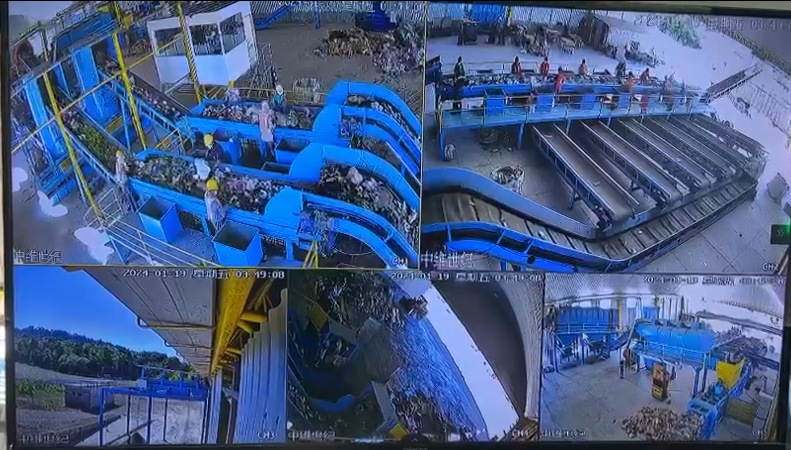

اگست . 17, 2024 10:31 Back to list
The Dynamics of Shredded Steel Prices Factors and Trends
Shredded steel, a crucial raw material in the recycling industry, plays a significant role in the global steel supply chain. As an essential component in producing new steel products, its pricing is influenced by various factors, including supply and demand dynamics, geographical variations, and broader economic indicators. Understanding the nuances behind shredded steel prices can offer valuable insights for stakeholders across the industrial spectrum.
The Supply Chain Influences
The generation of shredded steel begins with the end-of-life vehicles, appliances, and other ferrous materials. These items are processed in shredding facilities, where they are mechanically reduced in size. The resultant shredded steel is then sold to steel mills, which use it as a feedstock for electric arc furnaces (EAF). The cost of collecting, transporting, and processing scrap metal has a direct impact on the shredded steel price. As energy costs rise or fall, so too can the price of shredded steel, given that these factors substantially affect operating costs for shredding facilities.
Moreover, the availability of domestic and international scrap sources can influence shredded steel prices. Regions rich in manufacturing and industrial activities generally produce a higher volume of scrap steel, thereby affecting local supply. Fluctuations in the availability of shredded steel can lead to increased prices if demand outpaces supply, further compounding the effects of logistical challenges and operational costs.
Economic Indicators
Economic conditions play a pivotal role in determining the demand for steel, and consequently, shredded steel prices. During periods of economic growth, the demand for construction and manufacturing often surges, leading to an increased need for steel. In such scenarios, shredded steel prices tend to rise as steel mills ramp up production to meet the heightened demand. Conversely, during economic downturns, demand dwindles, often resulting in falling shredded steel prices as supply outstrips demand.

Another significant economic indicator is the performance of the automotive and appliance industries, which are critical sources of scrap steel. Shifts in consumer preferences, trade policies, and tariffs can impact these sectors, thereby influencing the availability of shredded steel. For instance, any rise in tariffs on steel imports can lead to increased domestic steel production, subsequently driving up demand for shredded steel.
Environmental Considerations
In recent years, the push towards sustainability and reduced carbon footprints has further influenced shredded steel prices. The steel industry is one of the largest sources of carbon emissions, prompting governments and organizations worldwide to implement stricter regulations. The growing emphasis on recycling and using recycled materials, including shredded steel, can drive demand and, in turn, prices higher.
Companies aiming to enhance their sustainability profiles are increasingly incorporating recycled steel into their production processes. This trend not only supports environmentally friendly practices but also stabilizes the market for shredded steel by creating a consistent demand.
Conclusion
In summary, the price of shredded steel is shaped by a variety of interconnected factors, including supply chain logistics, economic conditions, and environmental considerations. Stakeholders in the steel industry must remain vigilant to these dynamics to navigate the complexities of this market effectively. As global populations continue to grow and industrial activities expand, understanding the factors influencing shredded steel prices will be essential for making informed decisions, whether for sourcing raw materials or for investment strategies. The evolving landscape of the steel industry promises to keep shredded steel at the forefront of economic discussions long into the future.
Latest news
Metal Shredder: The Ultimate Solution for Metal Recycling
NewsApr.08,2025
Metal Recycling Plant: The Future of Sustainable Waste Management
NewsApr.08,2025
Eddy Current Separator: Revolutionizing Metal Recycling
NewsApr.08,2025
E-Waste Shredder: Efficient Recycling for Electronic Waste
NewsApr.08,2025
Double Shaft Shredder: The Ideal Solution for Heavy-Duty Material Shredding
NewsApr.08,2025
Cable Granulators: Revolutionize Your Cable Recycling Process
NewsApr.08,2025